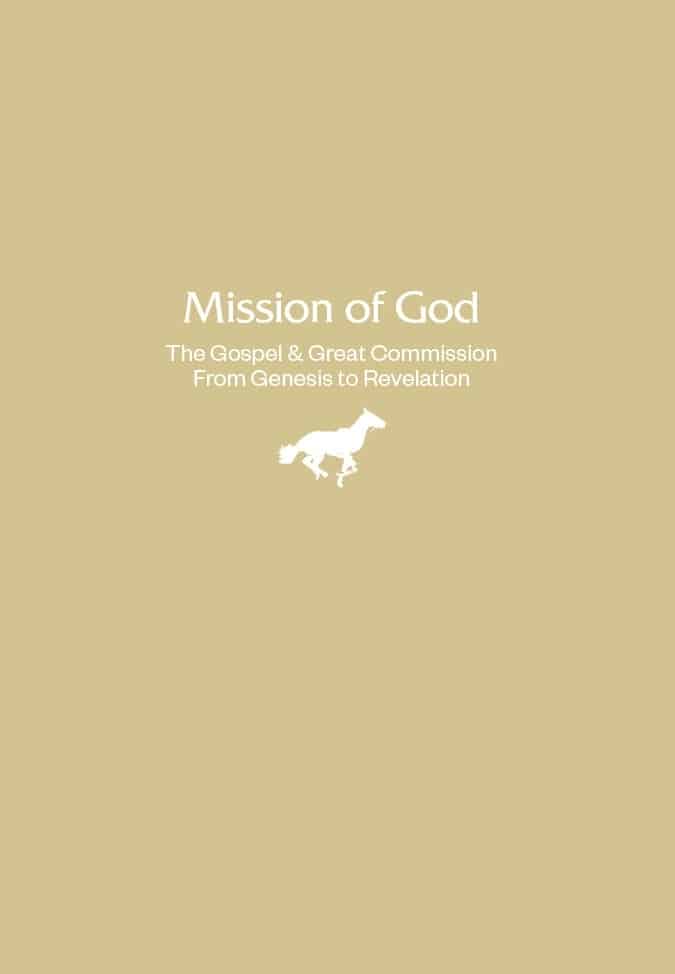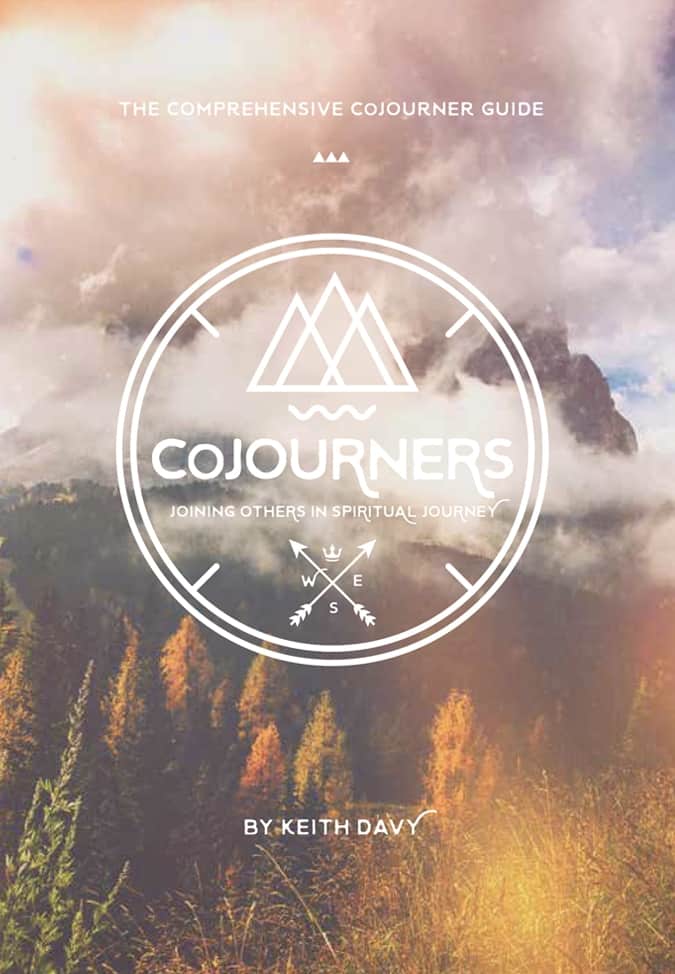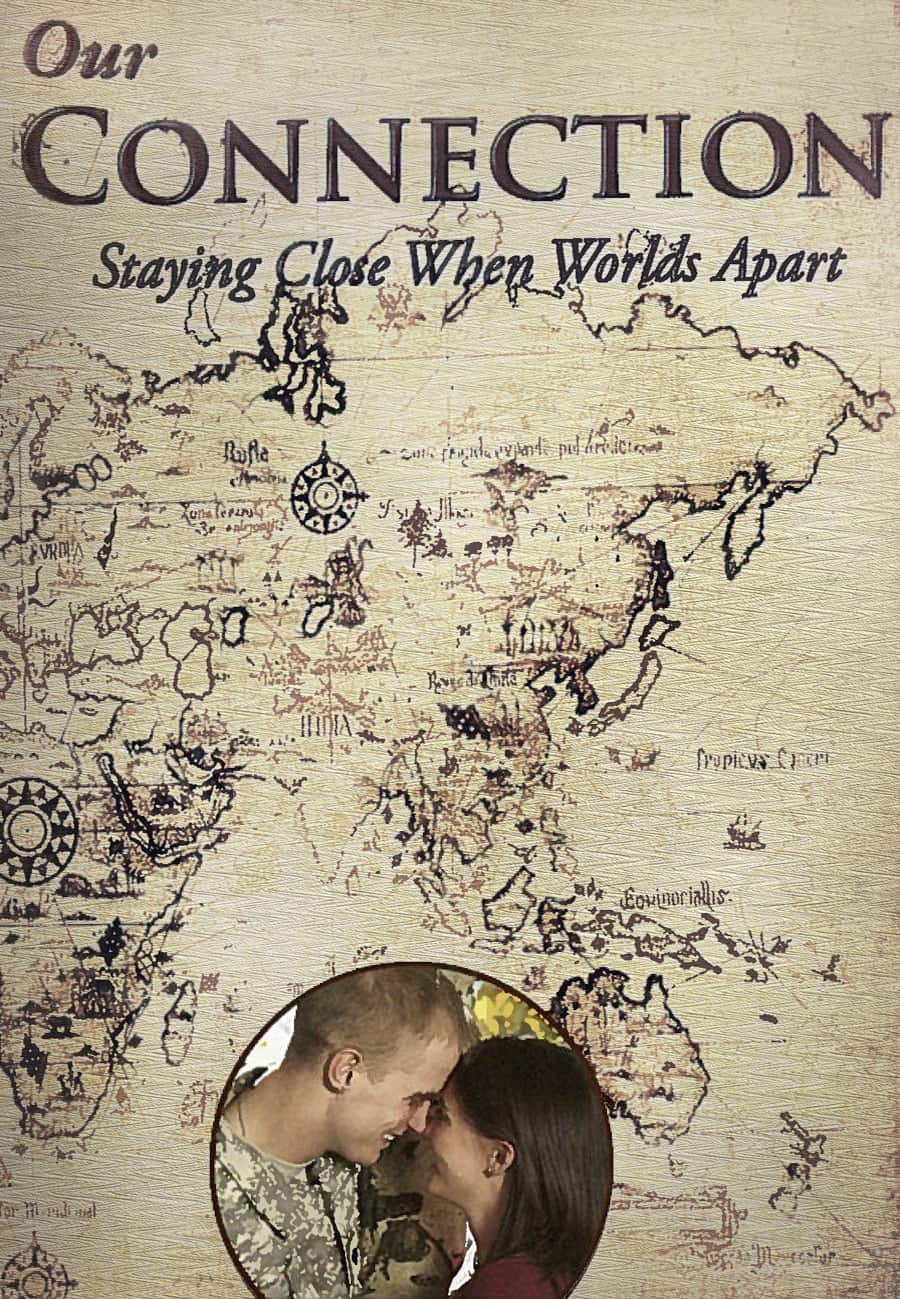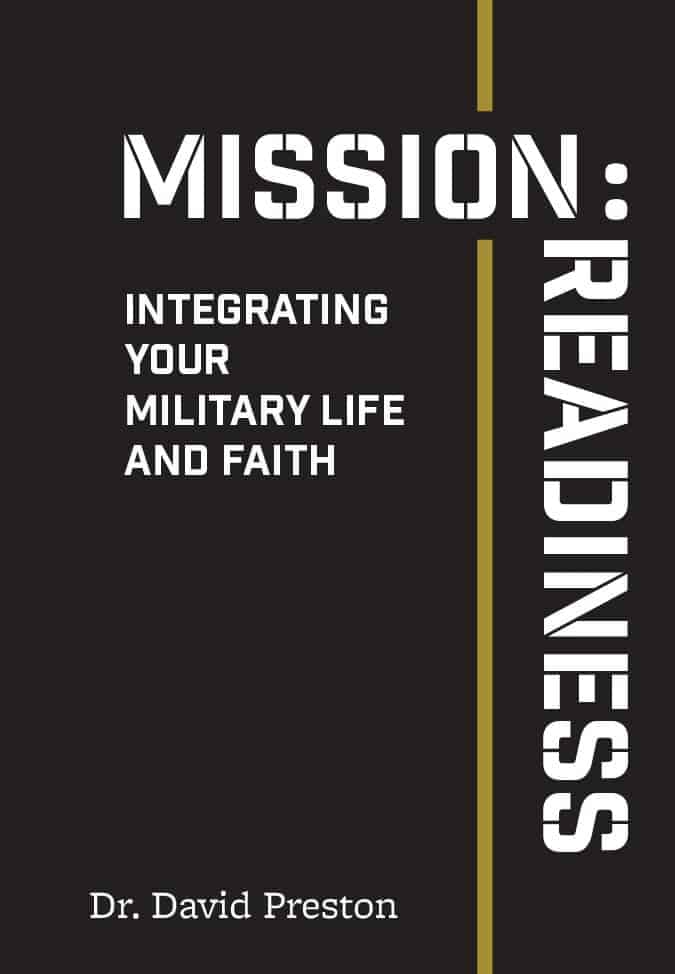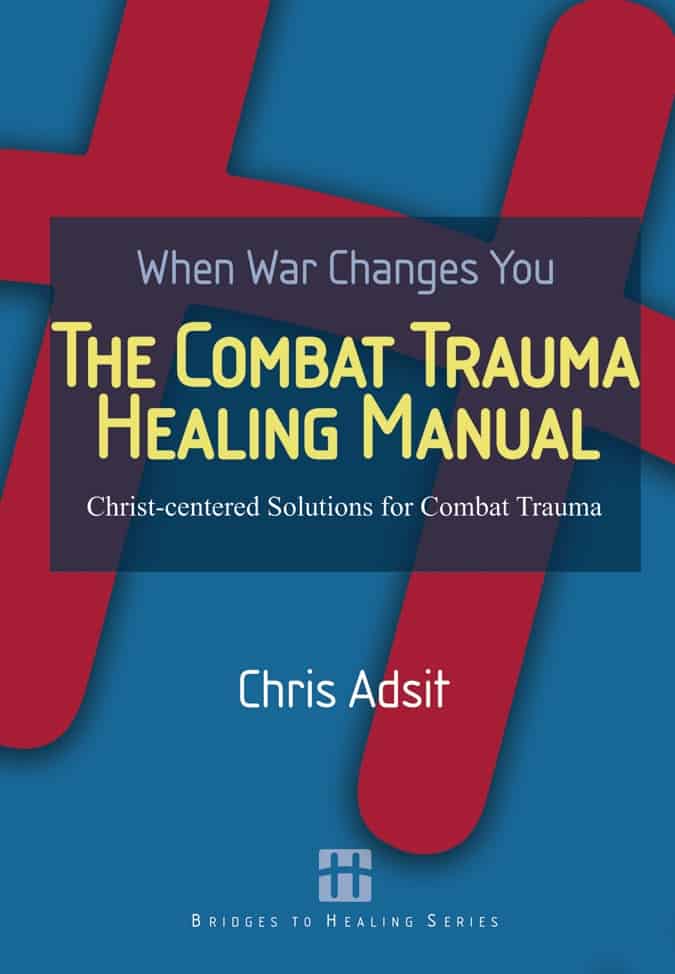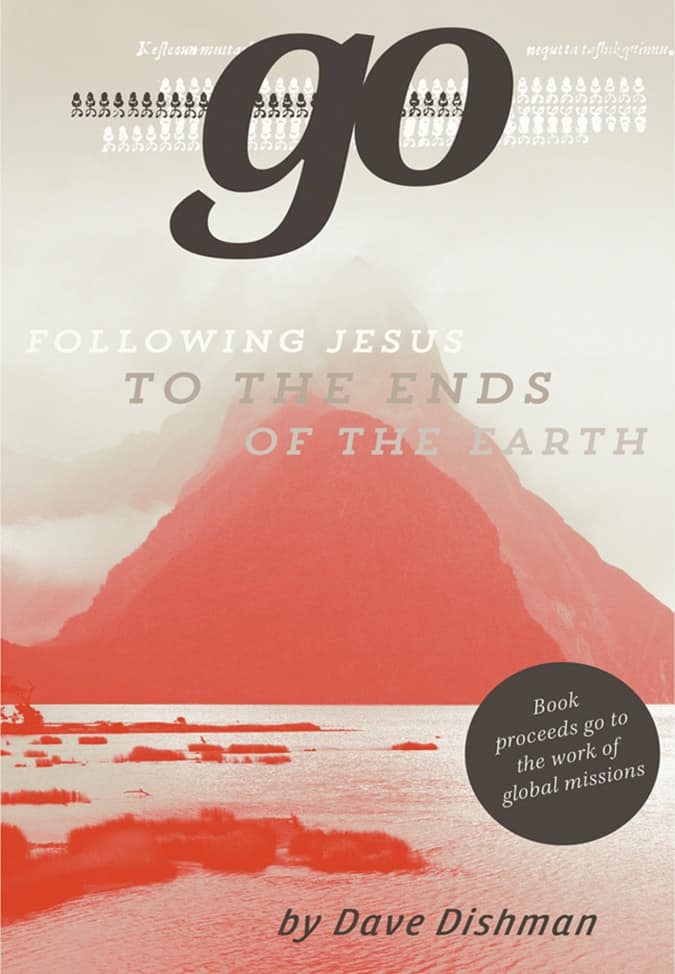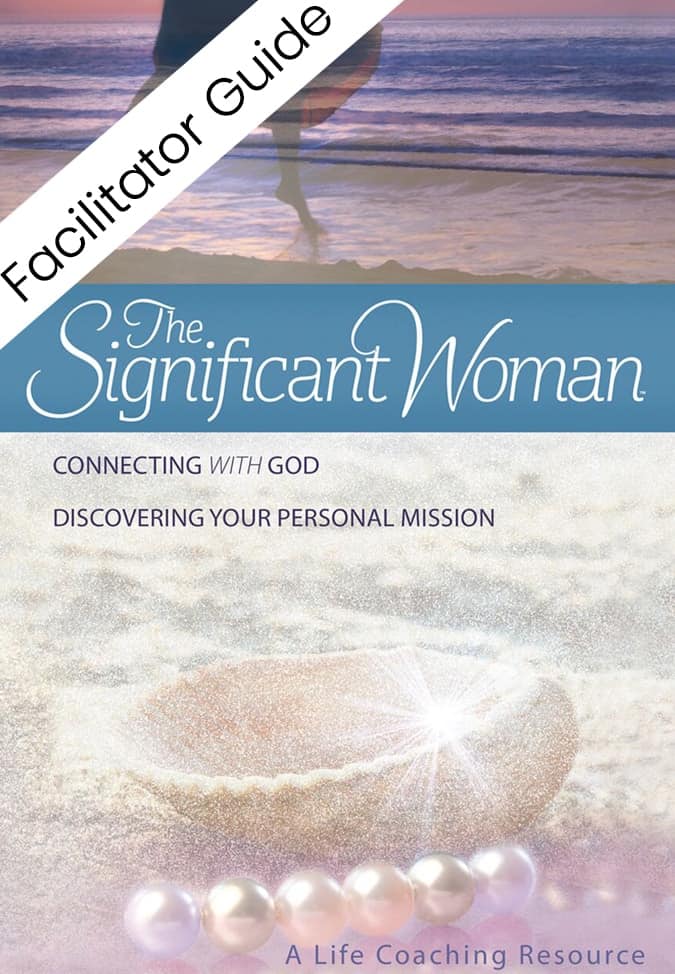How We Grow (The Growth Model)

Connect
Why is it important that we grow spiritually? How have you grown in the last year?
Cultivate
Summary:Spiritual growth happens in the context of relationships and occurs over time when we are in an environment of grace and truth. Growing in our relationship with yourself and with others is no different. We’ll explore five components of growth which will help us grow in our relationships. All the concepts in this lesson can be found in the book How People Grow by Henry Cloud.
Note: This lesson has few discussion questions due to the deep and personal nature of some components of growth. Feel free to volunteer to share your thoughts on each of them, but don’t pressure anyone to share.
<strong>1 — Grace plus truth over time equals growth.</strong>
In the big picture of growing relationally we need grace, truth and time — all in the context of relationships.
- The Atmosphere of Grace: Where mistakes and errors are forgiven and you don’t have to earn love and acceptance.
- The Environment of Truth: Where the Word is spoken to challenge, encourage and correct and where helpful, evaluative feedback is given. There is no fear of truth when you are surrounded and affirmed by grace.
- The Element of Time: Where you know that someone is in it with you over the long haul. Growth is not instantaneous, despite our fast food society and quick-fix mentality.
- The Context of Relationships: Growth happens when we’re free to be ourselves, warts and all, in a small group of people. Then there is freedom to experience real brokenness and healing.
Discuss: Grace, truth and time — how would missing just one these aspects affect our ability to grow?
<strong>2 — Bonding</strong>
Bonding is the ability to establish an emotional attachment to another person, to relate to another on the deepest level. When two people have a bond with each other, they share their deepest thoughts, dreams and feelings with each other with no fear that they will be rejected by the other person. A key text is Matthew 22:37-39. Bonding involves becoming vulnerable, being others-centered and embracing love as God’s highest value.
Are you over-bonded?
- Do you bond too deep, too fast?
- Do you put pressure on others to like you the same way you like them, and do they need distance from you?
- Can your friends have other friends and friends they are closer to than you?
- Do you often fear that others will reject or abandon you?
Are you not bonded enough?
- Do you have deep, intimate connections where you are, or are they all at home?
- Do you distrust others?
- Do you tend to push away people who get too close to you?
- How can social media make bonding to others more challenging?
<strong>3 — Boundaries</strong>
Boundaries are lines or things that mark a limit or border. In a relational sense, boundaries help us be our own person apart from others. Boundaries don’t excuse us from helping others, they help us to define who we are and what we have capacity to do. A key text is Daniel 1:8-16. Having healthy boundaries encourages us to say “no” to things that aren’t good for us or that would exhaust us, so we can say “yes” to loving others willingly.
Do you have poor boundaries?
- Are you comfortable saying “No” to all of the opportunities that come your way?
- Do you assert your own opinion when you have one?
- Do you even have your own opinions?
- Are you afraid something bad will happen if you say “No”?
Are your boundaries too strong?
- Do you say “No” to almost everything without caring how it affects others?
Are you a boundary buster?
- Do you listen and consider the ideas and opinions of others?
- Do you often try to fix other people’s problems?
- Do you ask others to do what they’ve communicated they don’t want to do?
- Are you often pushing others’ limits? Are you trying to be the Holy Spirit in others’ lives?
<strong>4 — Good/Bad Split</strong>
We are both good and bad. The people around us are good and bad. Our natural tendency, however, is to try to resolve this problem by keeping the good and the bad separated. This creates a split in our experience of ourselves, others and the world around us — a split that is not based on reality and cannot stand the test of time and real life. Trying to keep the good and the bad separated results in an inability to tolerate badness, weakness and failure in ourselves and others. A key text is Philippians 3:12-15. Maturity concerning the good/bad split means we admit and accept our strengths and weaknesses, and adopt a progress mentality.
- Are you a perfectionist?
- How do you deal with failure? Does failure make you “all bad”?
- Do you want to ignore or hide the bad parts of yourself from God and others?
- Do you put people up on pedestals?
- What happens when someone you think is great disappoints you?
- Are you able to forgive them, or are they crossed off your list of respectable/admirable people?
<strong>5 — Adulthood</strong>
Becoming an adult is the process of moving out of a “one-up/one-down” relationship and into a peer relationship to other adults. “Adults” make their own decisions without permission from others, evaluate and judge their own performance, choose their own values and opinions and disagree with others freely. This is the final step of development so that one can exercise the gifts and responsibilities God has given. A key text is 1 Corinthians 13:11. Adulthood allows us to embrace responsibility and authority and to live free under God’s rule.
- As you move from kid to adult, do you recognize that you have to take responsibility for your life? That includes fiscal responsibility and learning how to live a healthy life. Set a schedule in which you can study, exercise, eat a balanced diet and get adequate sleep.
- Being an adult means accepting the responsibilities of your life stage. Do you recognize how your actions affect other people?
- How do you respond to rules and/or authority?
- Are their any thoughts or feelings you’d like to share about this lesson?
- Is this group a place where you know you can fail and still be forgiven and loved?
- Will people in this group tell you the truth, even if it’s difficult to do so?
- What can we do to better help one another grow?
Pray: In light of what we’ve discussed, how can we pray for each other right now?
Care
Since we last met, what happened as a result of expressing Christ’s love to others?
How can you, or we, express Christ’s love to others this week?
Here are a few ideas:
- Pray God would meet their deepest needs.
- Help meet a felt need they have.
- Encourage them with a text, note or verbally.
- Give them a thoughtful gift or buy them coffee.
- Invite them to do something fun or meaningful.
- Listen to their story.
- Explore their thoughts on the gospel.






